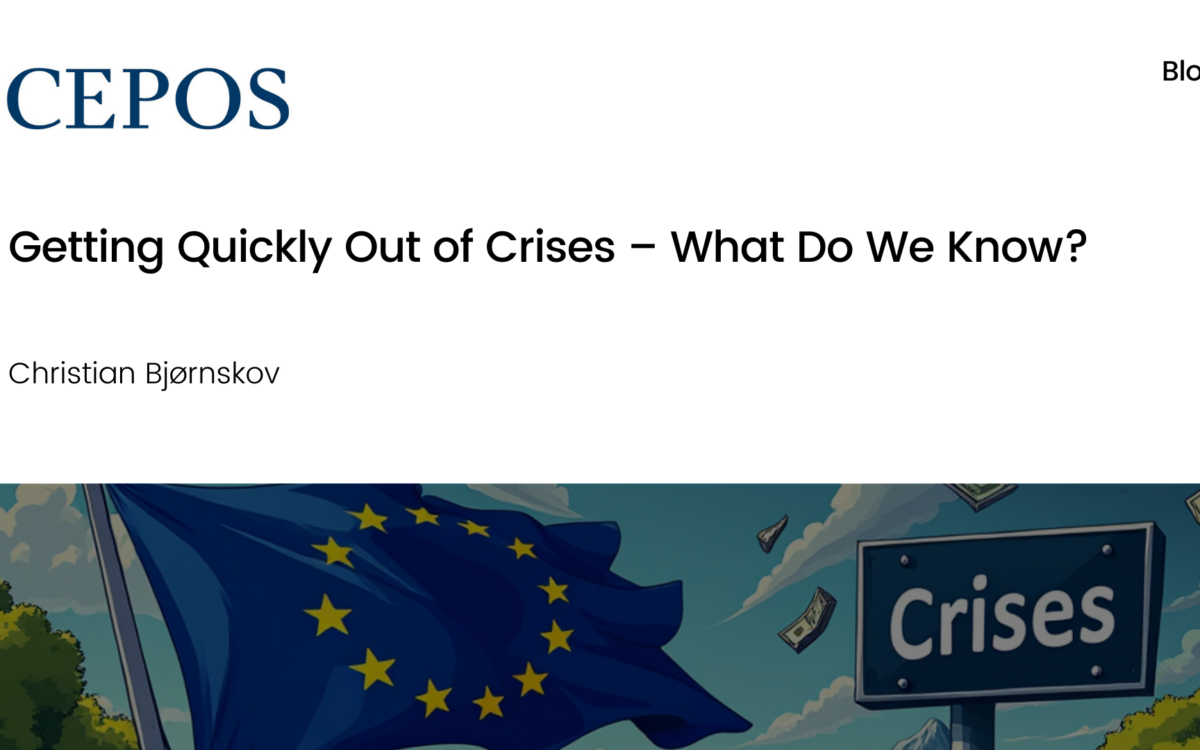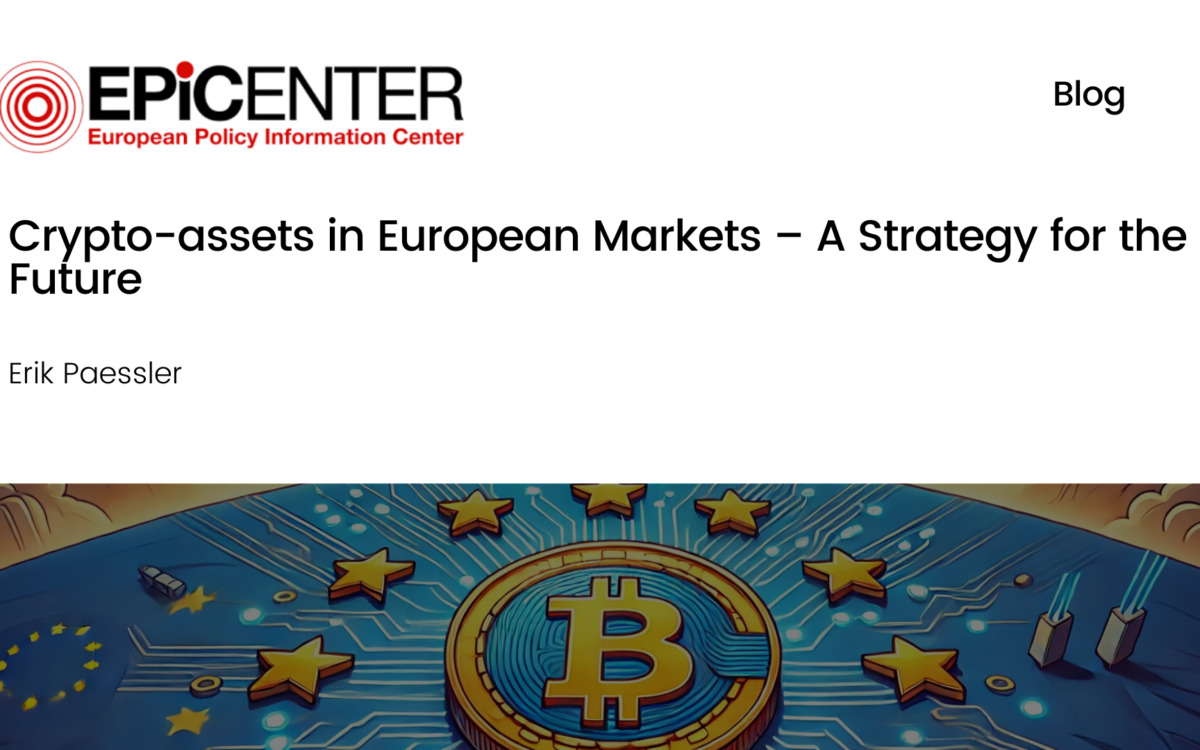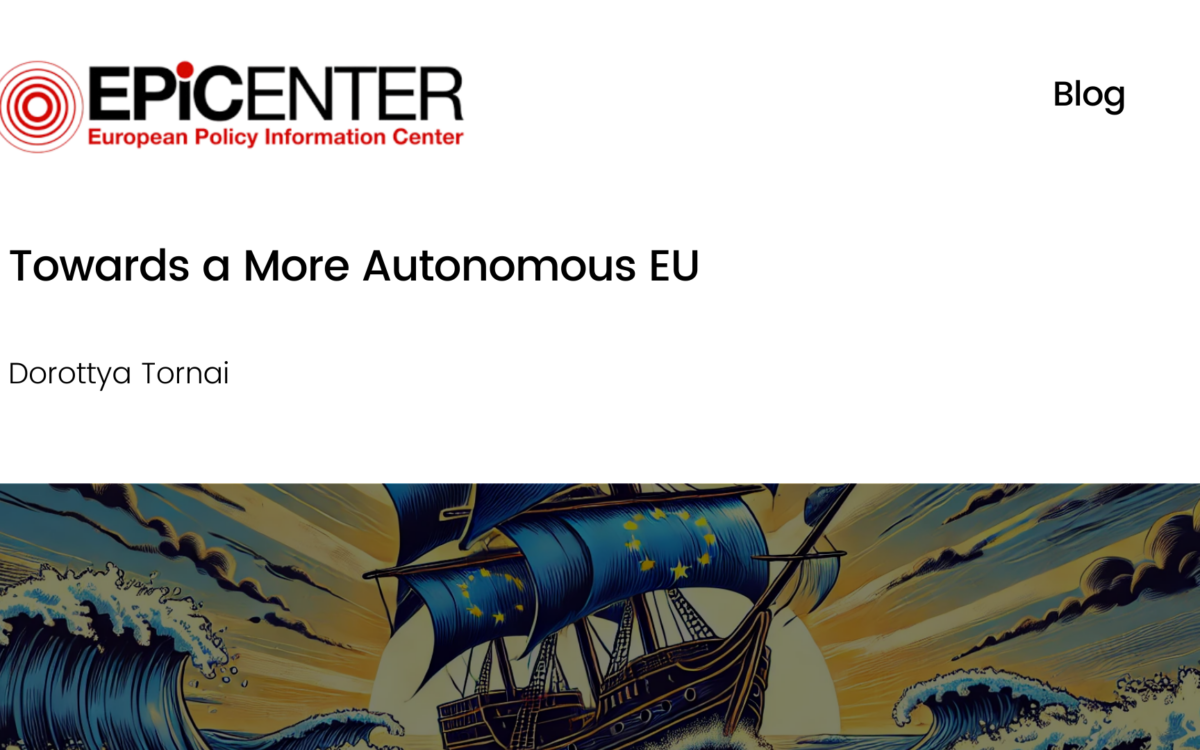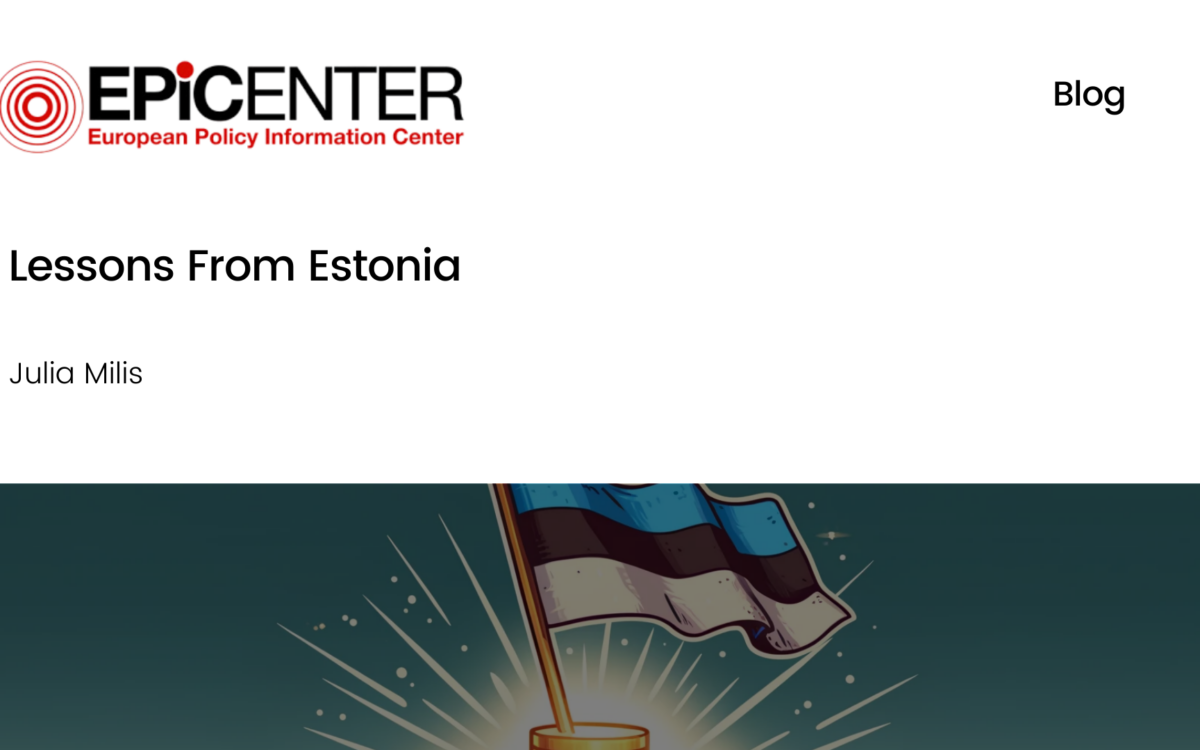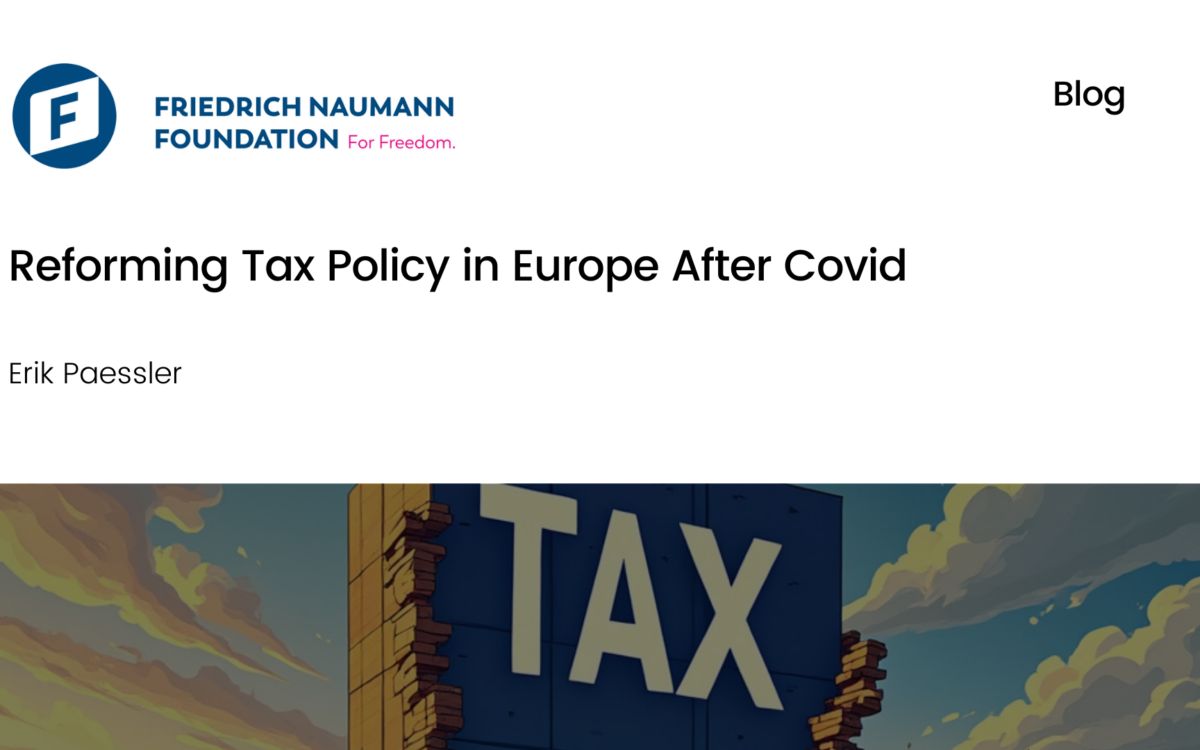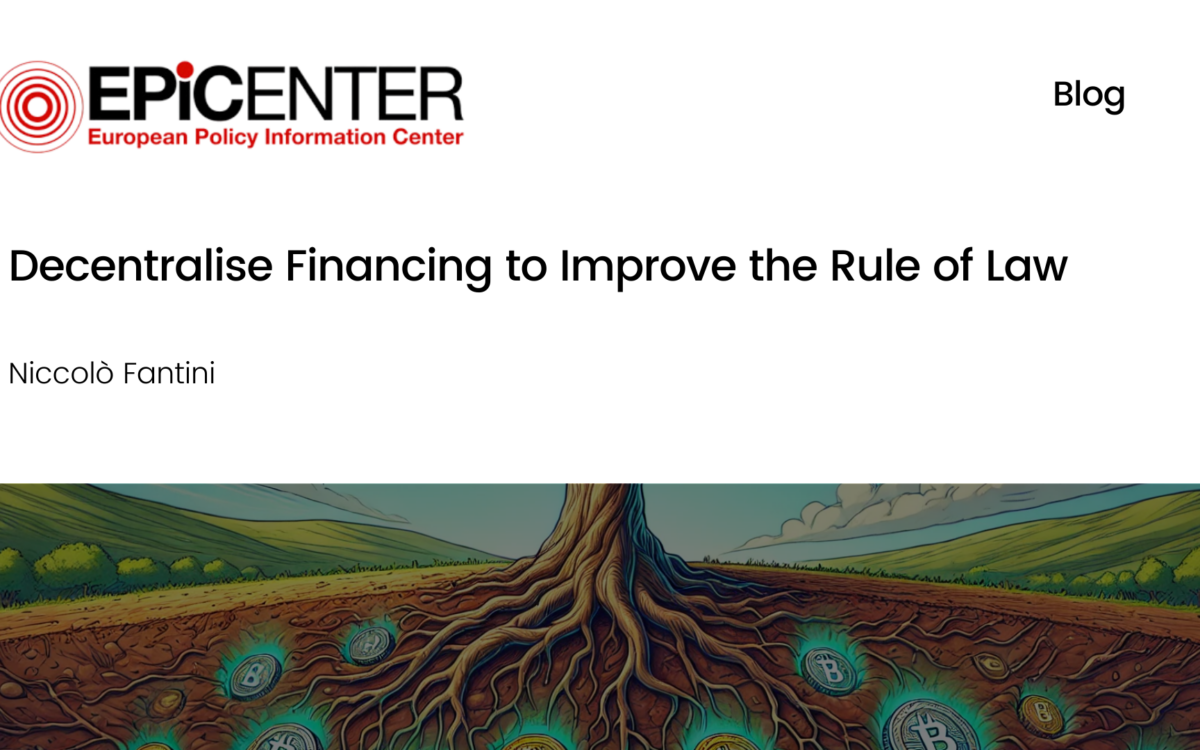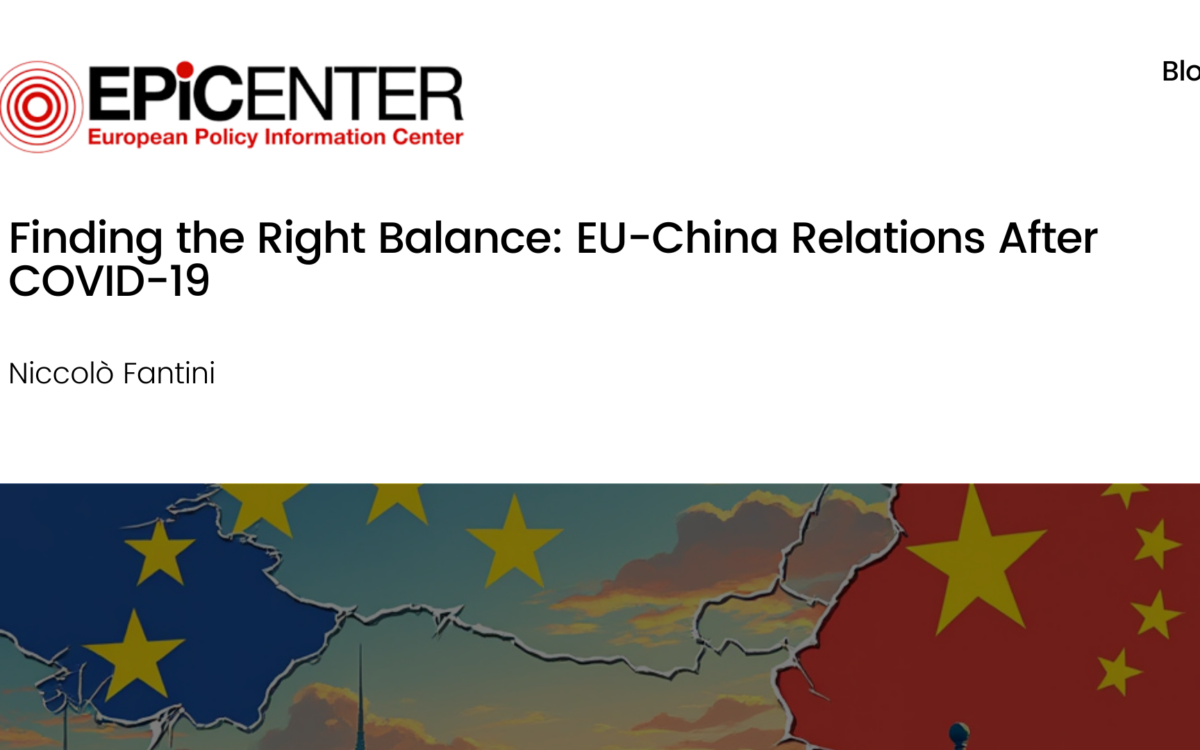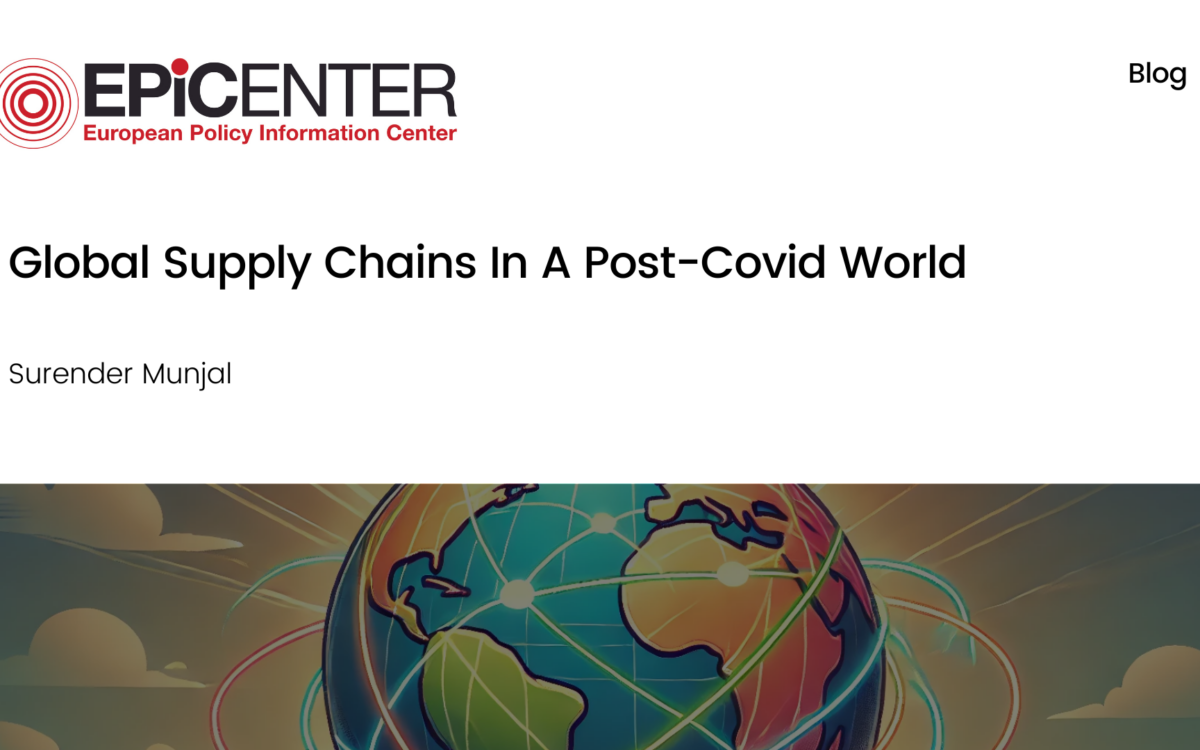Blog
November 11, 2020
Coronavirus has resulted in a major economic crisis, and caused immense damage to both the economy and people’s lives.
November 3, 2020
The European Commission recently published a Digital Finance Strategy which includes concrete propositions for the regulation of crypto-assets.
October 28, 2020
The European Council President Charles Michel envisions a more “autonomous” (i.e. economically self-sufficient) EU.
October 22, 2020
Like other issues, taxes are one of those policy areas where the differences between EU member states are greater than the commonalities.
October 16, 2020
The post-COVID world poses significant challenges for taxation policy.
October 12, 2020
The new Commission report on the rule of law in the EU has found that ‘there are serious challenges, cases where the resilience of rule of law safeguards is being tested and where shortcomings become more evident’.
October 10, 2020
Incumbent President Andrzej Duda or Mayor of Warsaw Rafał Trzaskowski? That is the choice facing Polish voters on 12 June, in the second round of the presidential elections.
October 8, 2020
The virtual meeting between top-level EU and Chinese officials on 14 September appears to be an ironic metaphor of the increasing distance in the relationship.
September 28, 2020
COVID-19 has caused huge disruptions to global trade and supply chains, both directly and indirectly (as a result of policy responses: lockdowns, social distancing measures etc).
